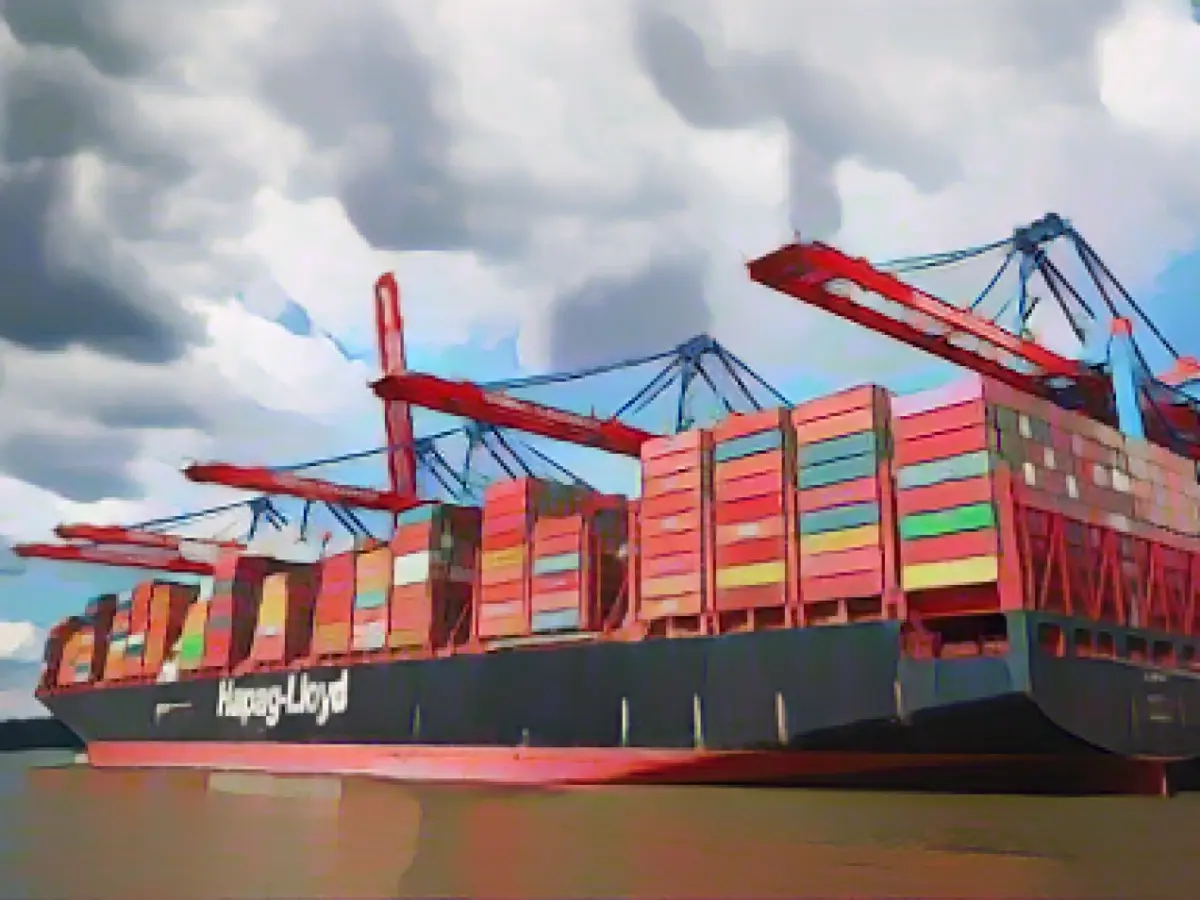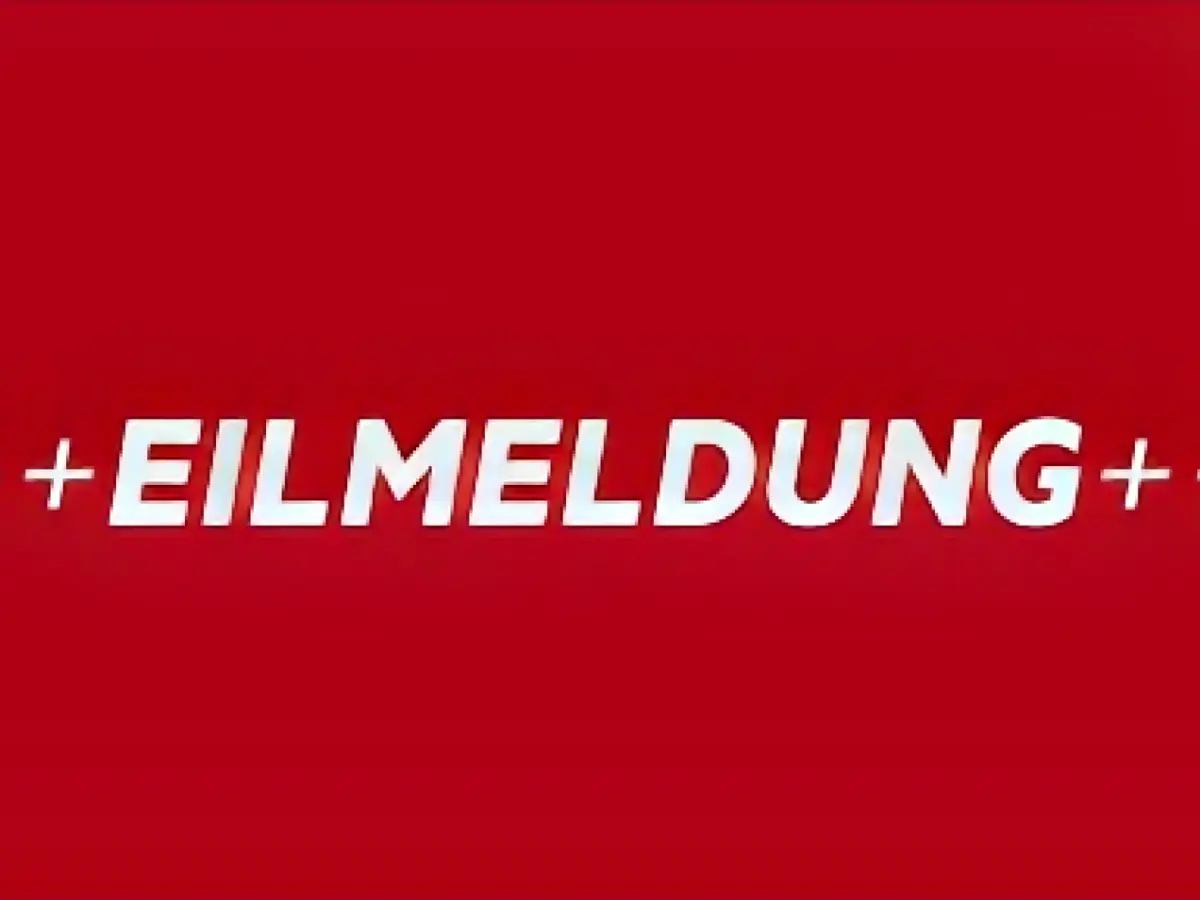Strasbourg's Groundbreaking Move: EU's New Supply Chain Law to Combat Global Human Rights Abuses
The European Union (EU) has reached an agreement on a far-reaching supply chain law aimed at crunching down on corporations that profit from child labor, forced labor, and other human rights abuses beyond the EU borders. According to statements from the European Parliament and EU member states, large companies will now be required to take responsibility for their supply chains and adhere to human rights standards.
This ambitious EU supply chain law, directly targeting large corporations, incorporates provisions that could potentially hold them accountable for human rights violations in European courts. However, the agreement is still subject to affirmation by parliament and EU member states – a formality that is generally expected.
A Giantherm Moment for Human Rights
Anna Cavazzini, Chair of the Internal Market Committee in the EU Parliament, praised the deal as a significant step forward for human rights. Although Cavazzini felt that stricter rules for climate and environmental protection could have been included, she highlighted the EU supply chain law as surpassing the German law in breadth and scope.
Also commenting on the agreement, European law professor and Social Democratic Party (SPD) member René Repasi, explained that the new law would make German companies responsible for breaches of due diligence, previously excluded under the German Supply Chain Act. This means that companies could potentially face civil law liabilities, such as compensation claims.
Criticism and Support for the EU Supply Chain Law
EU member states and organizations have offered mixed opinions on the EU supply chain law. Union politicians and business representatives shared concerns about its potential impact on competitiveness and bureaucracy. For instance, they argued that the new regulations could put EU companies at a disadvantage when competing with companies based in third countries not subject to the same supply chain rules.
Adherence to Human Rights: A Matter of Global Importance
The EU supply chain law emphasizes the crucial role that corporations play in addressing human rights and environmental abuses throughout their supply chains. The agreement reflects the growing international recognition that corporations must take responsibility for the impacts of their operations beyond their own borders.
Additional Insights
The EU’s new supply chain law is not a standalone policy but a part of the European Union's Corporate Sustainability Due Diligence Directive (CSDDD). The following are its key provisions:
- The CSDDD encourages a risk-based approach, requiring companies to identify and assess areas of their supply chains that may pose risks to human rights and environmental impacts. This aligns with the UN Guiding Principles on Business and Human Rights and the OECD Due Diligence Guidance for Responsible Business Conduct.
- Companies are obligated to undertake human rights and environmental due diligence to prevent adverse impacts, not merely disclose them.
- The CSDDD covers all economic operators, regardless of size, sector, or location. It applies to both EU and non-EU countries and involves both operations and value chains.
- Enforcement will be coordinated by the European Commission, with competent national authorities monitoring compliances.
- Corporations will be held liable for human rights and environmental impacts arising from their operations or value chains.
- The EU Forced Labour Regulation, in conjunction with the CSDDD, aims to prevent the sale of goods made with forced labor.
- The CSDDD promotes open communication within the supply chain, including engagement with relevant stakeholders.
- Transparency and accountability are crucial in all aspects of procurement and contract management.
These provisions aim to ensure that large companies are held accountable for human rights violations and environmental impacts throughout their global value chains, paving the way for a more equitable, responsible, and sustainable business environment.





